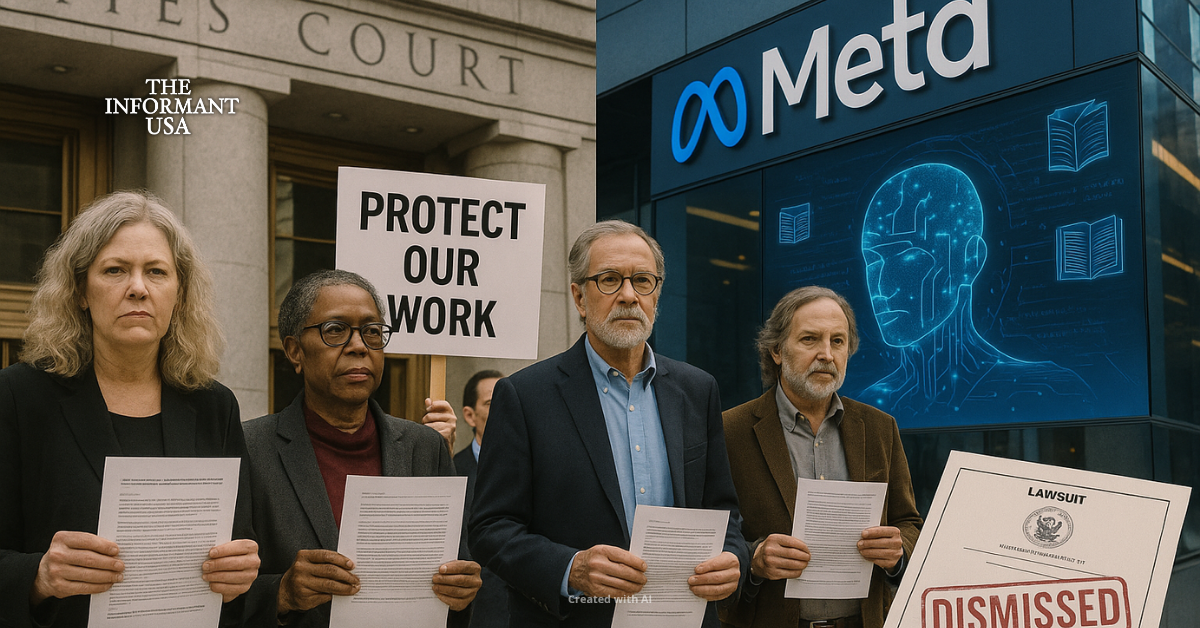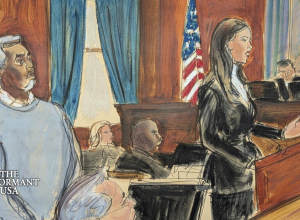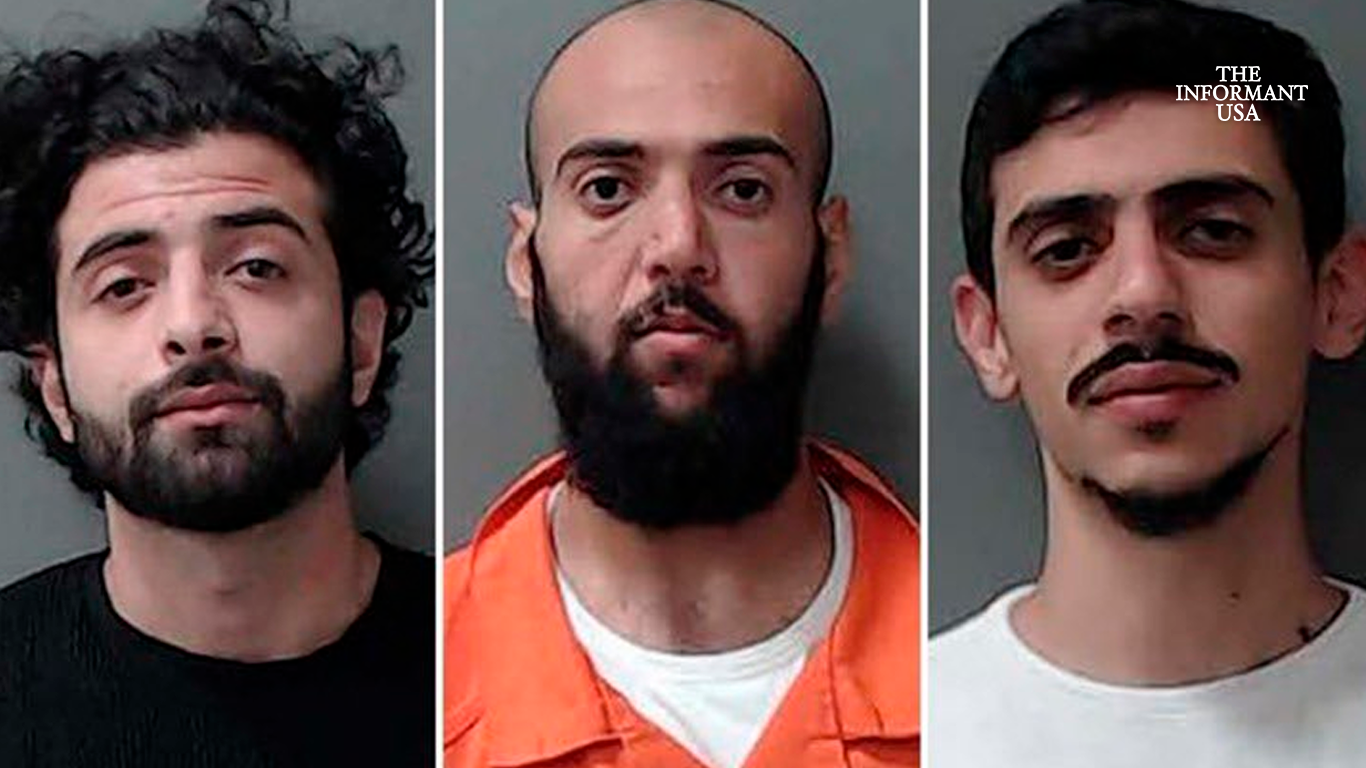A U.S. federal judge has dismissed a high-profile copyright infringement lawsuit brought by 13 authors—including Sarah Silverman, Ta-Nehisi Coates, and Junot Díaz—who accused Meta of using their copyrighted works to train its LLaMA generative AI model. In his ruling, District Judge Vince Chhabria stated that while Meta prevailed, the dismissal was based on the plaintiffs’ legal strategy—not on a finding that Meta’s actions were lawful. “This decision does not mean Meta’s use of copyrighted material is legal,” Chhabria wrote. “It simply means these plaintiffs made the wrong arguments.”
The lawsuit was part of a growing wave of legal challenges against tech companies over how generative AI systems are trained. The authors argued Meta used pirated versions of their books without permission or compensation. Meta denied wrongdoing, asserting that its use qualifies as fair use under U.S. copyright law and that LLaMA does not reproduce or substitute original works. The judge’s decision suggests other plaintiffs may succeed with a stronger legal approach. The dismissal came just days after a similar ruling in favor of AI firm Anthropic, which was nonetheless ordered to face trial over how it obtained training materials.











